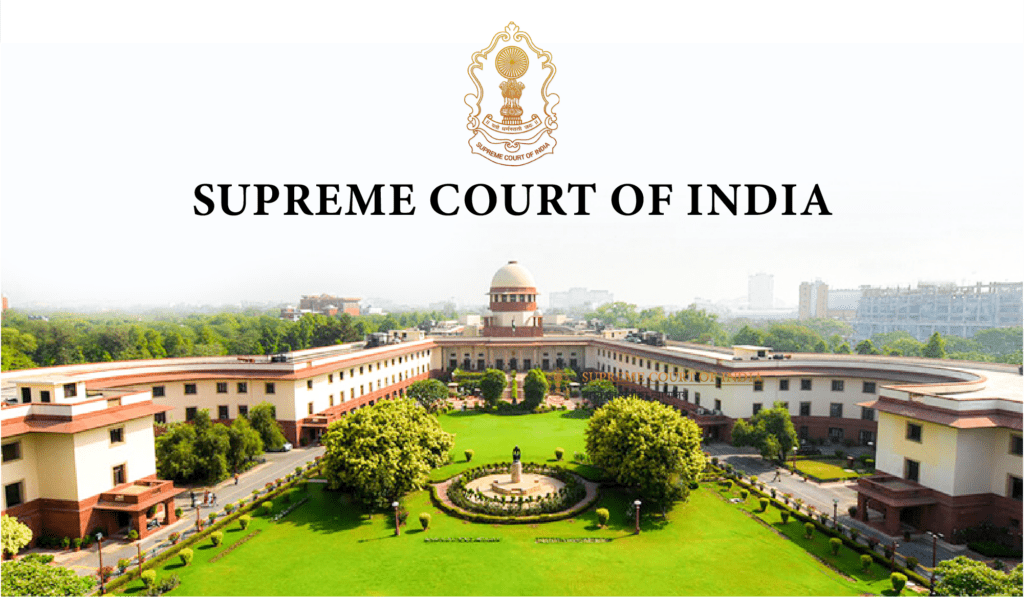
Court Marriage Registration
We provide legal advice for court marriages and make good marriage recommendations to the couple. We also have qualified counsel who organise the entire marriage procedure with legal documents and guide them through the entire process. Our organisation also manages to provide the registration certificate as soon as possible. Professionals from Matrimonial Law Chambers advise people on how to register their marriage. A jointly solemnised marriage can be registered under either the Hindu Marriage Act of 1955 or the Special Marriage Act of 1954. The Marriage Act of 1954. The Hindu Marriage Act applies to couples who are Hindus, Buddhists, Jains, or Sikhs, or who have accepted these religions. If neither the husband nor the wife are Hindus, Buddhists, Jains, or Sikhs, the marriage is registered under the Special Marriage Act of 1954. Furthermore, under the rules of the Special Marriage Act of 1954, marriage can be solemnised between any two people (often when they are of different religions or nations).
1. Marriage Under The Special Marriage Act -1954
Documents required for a court marriage under the Special Marriage Act are as follows:
- A completed and signed application form / notice by the bride and groom.
- Documentary proof of both partners’ birth dates (Matriculation Certificate/Passport/Birth Certificate).
- Documentary evidence of one of the parties’ stay in Delhi for more than 30 days (ration card or report from the appropriate SHO, Police Station).
- Separate affidavits from the bride and groom:
a. Your birth date.
b. Current marital status: single/widow/divorcee.
c. Affirmation that the parties are not connected to one other within the scope of the banned relationship as specified in the Special Marriage Act (see the definition of prohibited relationship at the end).
d. Nationality.
e. Parties intending to marry each other.
- Passport-sized pictures of both parties (3 copies each), attested by a Gazetted Officer.
- A copy of the divorce decree/order in the case of a divorcee, and a copy of the spouse’s death certificate in the case of a widow/widower.
- In the event of a foreign national, a certificate of no objection from the relevant Embassy regarding his or her current status.
- Some countries need documentation of civil marriage proceedings and marriage ability certificate of Indian fiance before providing a visa to a foreign national to visit/stay in India for marriage.
- Foreign nationals who intend to stay in India for an extended period of time after marriage should learn about the award of Indian citizenship as well as their profession and tax liability before marrying.
2. In Case Of Protested Marriages Instant Relief Of Protection From Police And Parents.
- Civil court restraint order against the wrongdoer who wishes to infringe on your rights.
- High Court protection against the police as a law enforcement agency, if any police employee is not defending your rights.
